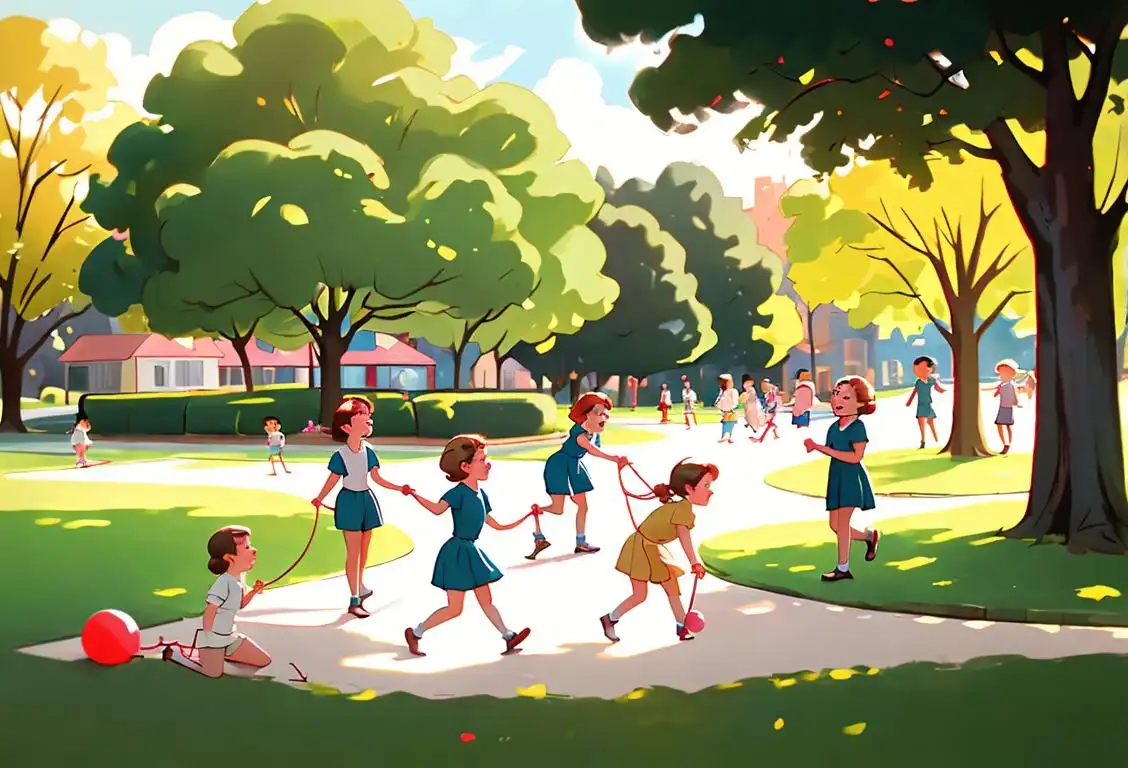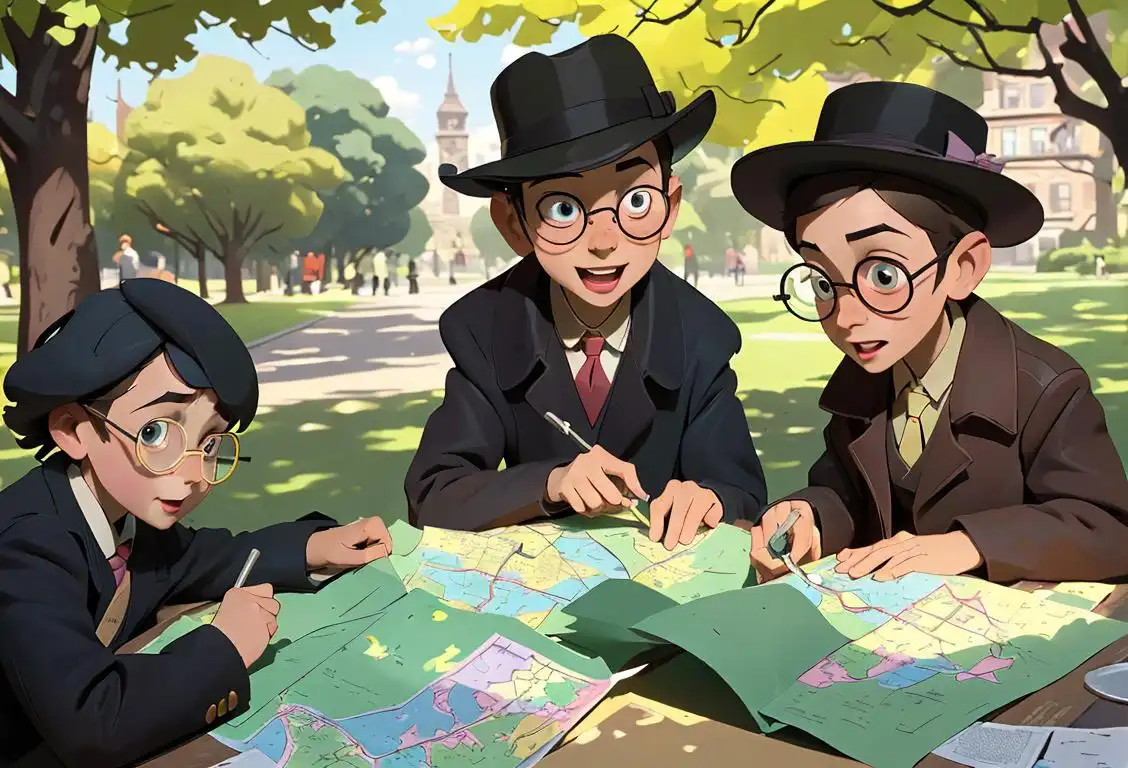National Unplugged Play Day

Are you ready to unplug and have some good old-fashioned fun? National Unplugged Play Day is the perfect excuse to disconnect from technology and reconnect with the simple joys of play. Whether you're a kid or just a kid at heart, this day celebrates the power of imagination, creativity, and good old-fashioned silliness. So put down your phone, turn off the TV, and let's dive into a day of unplugged play like no other!
When is Unplugged Play Day?
It's national unplugged play day on the 19th September.
The Origins of National Unplugged Play Day
Have you ever wondered how National Unplugged Play Day came to be? Well, let me take you on a journey through its internet history. It all started on a magical day when someone realized that children and adults alike were spending way too much time glued to screens, missing out on the joy and wonder of real-life play. It was time to break free from the clutches of technology and embrace a day dedicated to unplugged play!
The first mention of National Unplugged Play Day popped up online on September 19, 2018, and since then, it has gained popularity as more and more people recognize the importance of stepping away from screens and engaging in hands-on activities.
Unplugged Play for Everyone
Now, you might be wondering, 'What exactly does unplugged play entail?' Well, dear reader, the possibilities are endless! Unplugged play is all about using your imagination, getting creative, and having fun without the aid of technology. It could involve building towering forts out of blankets and pillows, hosting a tea party for your stuffed animal friends, or embarking on an epic adventure in your own backyard.
Unplugged play is not restricted to any age group or specific activity. It's a day to let your inner child run wild and embrace the pure joy of play. Whether you're a parent spending quality time with your little ones, a group of friends looking to bond, or simply an individual craving some moments of carefree fun, National Unplugged Play Day has something for everyone.
Tags:
- loved ones
- fun
- activities
- imagination
- creativity
History behind the term 'Unplugged Play'
1990
The Birth of Unplugged Play
In the year 1990, the term 'unplugged play' was coined. It referred to the act of children engaging in playtime activities that did not revolve around electronic devices. With the increasing popularity of video games, computers, and television, the need for children to connect with the real world through play became apparent. Unplugged play was seen as a way to encourage imagination, creativity, and social interaction among children.
1993
Unplugged Play Gains Traction
By 1993, the concept of unplugged play started gaining traction among parents, educators, and child development experts. They recognized the detrimental effects of excessive screen time on children's physical and mental development. Unplugged play was advocated as a means to combat these effects, promoting activities such as board games, outdoor play, art projects, and imaginative play.
1995
Unplugged Play Campaigns
In 1995, various organizations and initiatives were launched to promote and raise awareness about the benefits of unplugged play. These campaigns aimed to encourage parents, schools, and communities to embrace unplugged play as an essential part of childhood. They encouraged the use of toys, books, and activities that didn't rely on electronic devices.
2007
Unplugged Play Movement Goes Global
Around 2007, the unplugged play movement gained global recognition. Parents and educators from different countries began realizing the importance of allowing children to disconnect from screens and engage in unstructured playtime. The movement emphasized the significance of hands-on, face-to-face interactions with peers and the environment for healthy child development.
2010
Unplugged Play in the Digital Age
In 2010, the rise of smartphones and tablets led to increased screen time for both children and adults. Unplugged play became even more crucial in this digital age, as it provided a balance and respite from constant technological stimulation. Parents sought to create designated screen-free zones at home and limit electronic use during family time, fostering a greater appreciation for unplugged play activities.
Did you know?
Did you know that unplugged play not only ignites the imagination but also promotes problem-solving skills and social interaction? So turn off those screens and let the unplugged fun begin!Tagged
fun loved ones creativity imagination activitiesFirst identified
18th September 2018Most mentioned on
19th September 2018Total mentions
27Other days
Unplugged Play Day
Origami Day
Scavenger Hunt Day
Alfa Day
Make Life Beautiful Day
Super Canvass Day
Photo Day
Walk Day
Play Doh Day
Make A Hat Day








